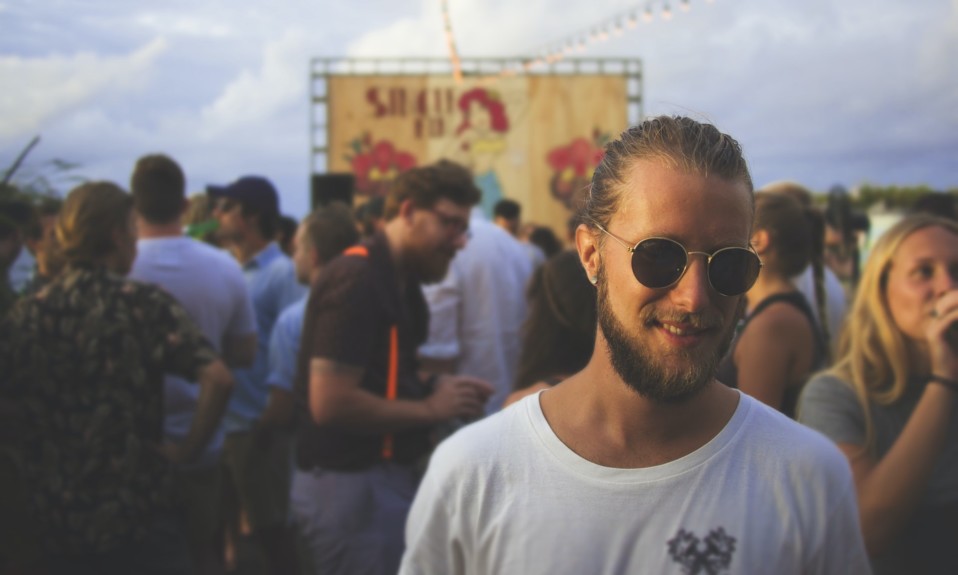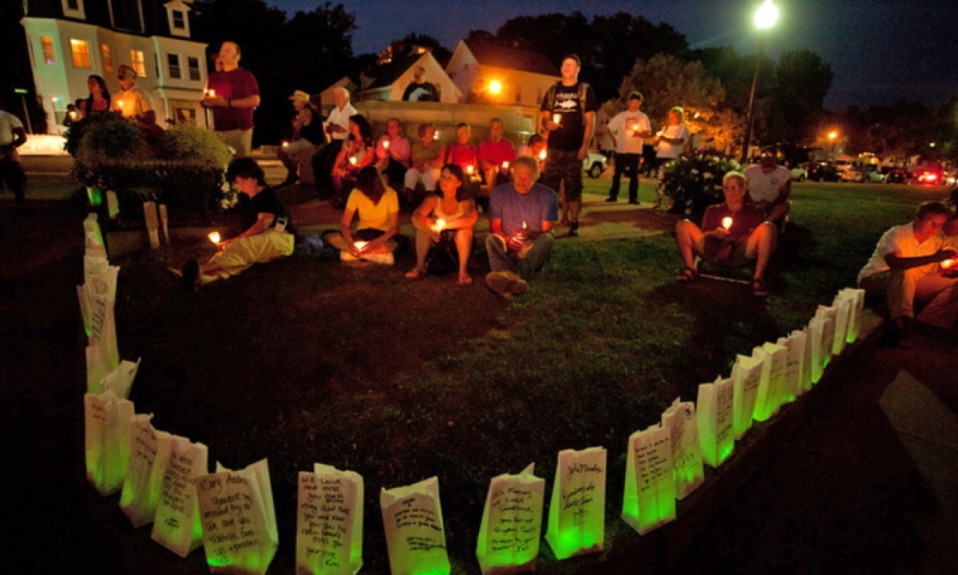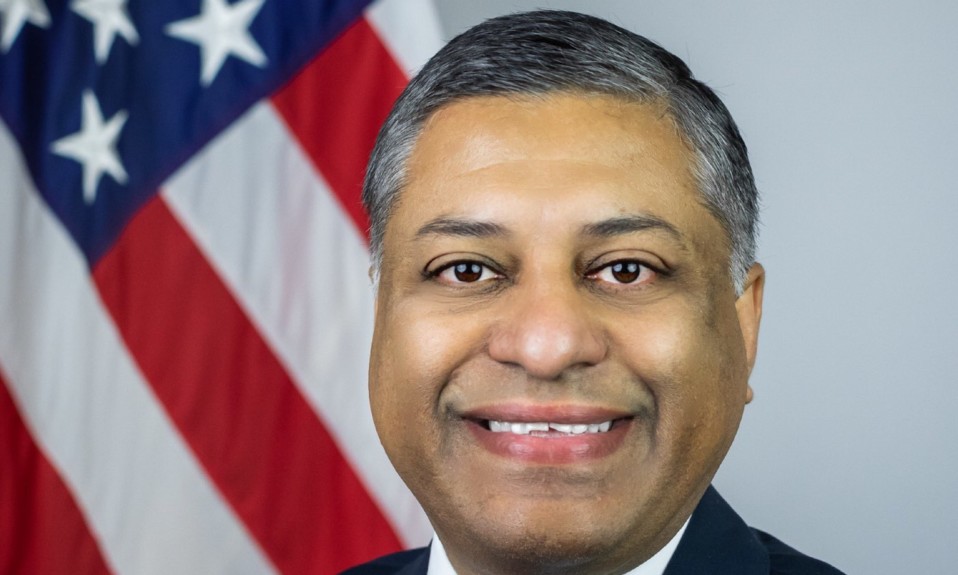The harm reduction service allows for illicit substances to be screened for adulterations without the threat of criminal prosecution
By Jason Langendorf
After passing a law to codify a temporary program with permanent legislation, New Zealand has become the first country in the world to legalize drug-checking services, clearing the way for the testing of illicit substances at music festivals and other gatherings without the threat of punishment.
The Drug and Substance Checking Legislation Act 2020, which passed last month and went into effect Monday, provides a permanent legal framework for the delivery of proven harm reduction services in New Zealand—and undoubtedly will be scrutinized closely by other countries seeking measures to reduce overdoses and recreational drug use.
Evidence shows that when people are told substances are not what they think they are, they’ll often choose not to take them, potentially saving lives.”
—Andrew Little, New Zealand health minister
“This legislation is about keeping people safe,” said New Zealand Health Minister Andrew Little. “The drug-checking services we have had running have detected and intercepted potentially deadly substances circulating in the community.”
What Is Drug Checking?
Drug checking is a free service that has been administered in New Zealand by the independent volunteer organization Know Your Stuff NZ. Using a spectrometer provided by the NZ Drug Foundation, KnowYour Stuff NZ tests recreational drugs brought into a festival or similar event by any individual who wants to know the exact content of their substances.
“Evidence shows that when people are told substances are not what they think they are, they’ll often choose not to take them, potentially saving lives,” Little said.
Testing is voluntary, private, anonymous and, after the passing of permanent legislation, fully legal for festival hosts, testers and those whose substances are being tested.
“For years, pioneering drug-checking provider KnowYour Stuff has been delivering this service with our support, working in the margins of the law at great risk to themselves to prevent harm to others,” said Sarah Helm, executive director of the NZ Drug Foundation. “Today, it’s important we acknowledge the tireless and brave work of these volunteers.”
New Zealand’s government, which will contribute $800,000 toward funding, has approved three more organizations to perform drug-checking services alongside Know Your Stuff NZ: the New Zealand Drug Foundation, the NZ Needle Exchange Programme and the Institute of Environmental Science and Research (ESR).
Many of our communities most at risk of overdose would hugely benefit from this health service, like people who use injected drugs and people who are homeless.”
—Sarah Helm, executive director of the NZ Drug Foundation
The Backlash
Like other harm reduction tools, drug checking has its share of critics, many of whom claim that government-sponsored services amount to the condoning of illicit drug use. But amid a worsening overdose epidemic that has touched much of the globe, one simple fact can’t be overlooked: drug checking works.
A report from Know Your Stuff NZ found that of the 2,744 samples the organization tested across 27 events between April 2020 and March 2021, 32% did not meet the expectations of the person who provided the substance for testing. More than one out of three samples presumed to be MDMA, for instance, were found to contain another substance—usually eutylone, a much more dangerous stimulant.
One of the key findings in the report: 68% of individuals whose substances were detected to have a different makeup than they expected said they would not use that substance. That has Helm excited about the potential for expanding drug checking to more settings.
“This new law provides a great opportunity to expand availability of services to more vulnerable communities,” Helm said.
“Many of our communities most at risk of overdose would hugely benefit from this health service, like people who use injected drugs and people who are homeless. This health service shouldn’t just be for festival-goers.”
Photo: Marvin Meyer













